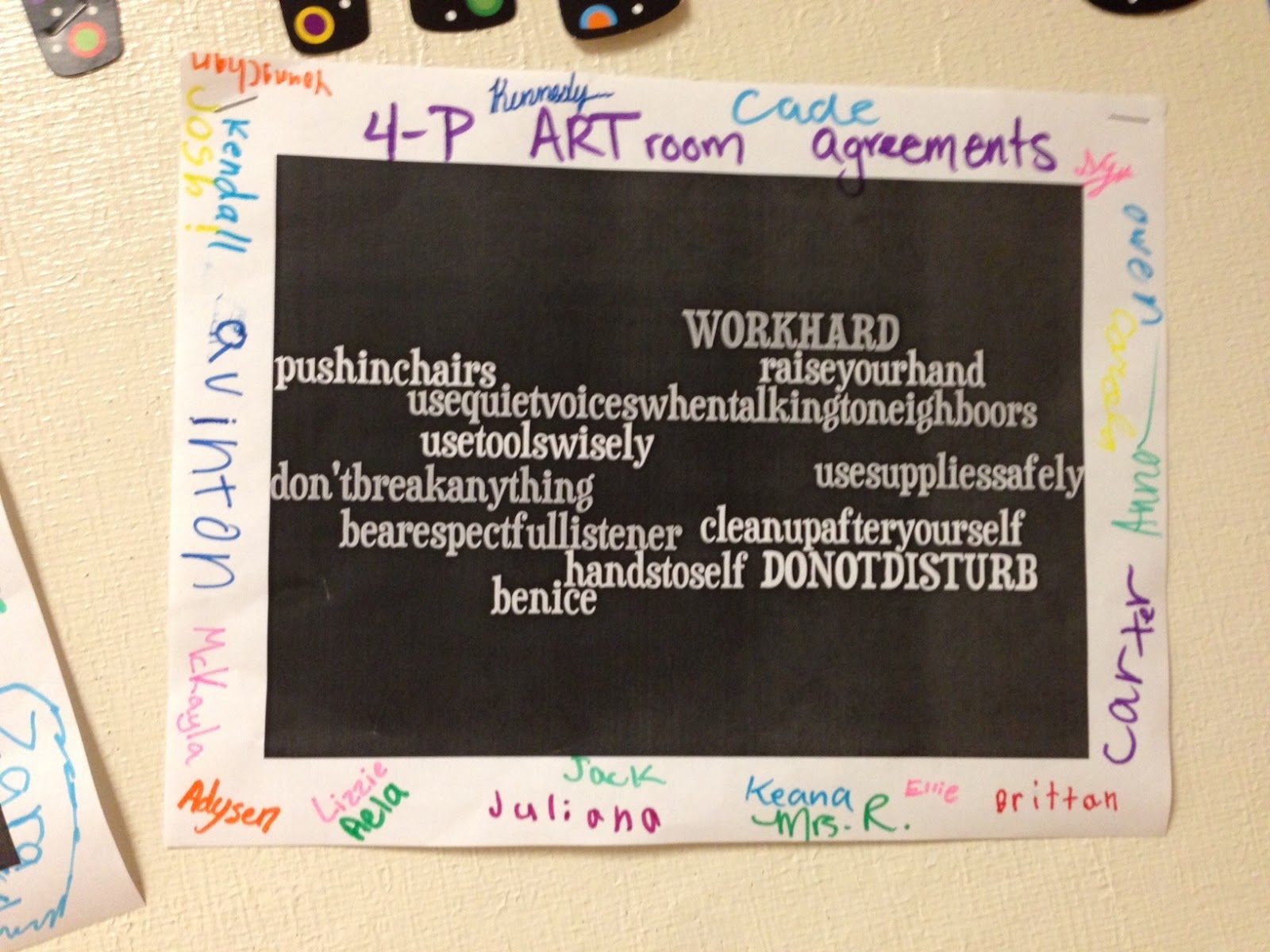Inquiry is a student driven approach to learning that allows our students to construct their own meaning. This is powerful when you consider that knowledge transfer is at its strongest when:
Student autonomy and initiative are accepted and encouraged.
By respecting students' ideas and encouraging independent thinking, teachers help students attain their own intellectual identity. Students who frame questions and issues and then go about analyzing and answering them take responsibility for their own learning and become problem solvers.
The teacher asks open-ended questions and allows wait time for responses.
Reflective thought takes time and is often built on others' ideas and comments. The ways teachers ask questions and the ways students respond will structure the success of student inquiry.
Higher-level thinking is encouraged.
The constructivist teacher challenges students to reach beyond the simple factual response. He encourages students to connect and summarize concepts by analyzing, predicting, justifying, and defending their ideas.
Students are engaged in dialogue with the teacher and with each other.
Social discourse helps students change or reinforce their ideas. If they have the chance to present what they think and hear others' ideas, students can build a personal knowledge base that they understand. Only when they feel comfortable enough to express their ideas will meaningful classroom dialogue occur.
Students are engaged in experiences that challenge hypotheses and encourage discussion.
When allowed to make predictions, students often generate varying hypotheses about natural phenomena. The constructivist teacher provides ample opportunities for students to test their hypotheses, especially through group discussion of concrete experiences.
The class uses raw data, primary sources, manipulatives, physical, and interactive materials.
The constructivist approach involves students in real-world possibilities, then helps them generate the abstractions that bind phenomena together.
These suggestions are adapted from In Search of Understanding: The Case for Constructivist Classrooms by Jacqueline G. Brooks and Martin G. Brooks (Alexandria, VA: Association for Supervision and Curriculum Development, 1993)
Student autonomy and initiative are accepted and encouraged.
By respecting students' ideas and encouraging independent thinking, teachers help students attain their own intellectual identity. Students who frame questions and issues and then go about analyzing and answering them take responsibility for their own learning and become problem solvers.
The teacher asks open-ended questions and allows wait time for responses.
Reflective thought takes time and is often built on others' ideas and comments. The ways teachers ask questions and the ways students respond will structure the success of student inquiry.
Higher-level thinking is encouraged.
The constructivist teacher challenges students to reach beyond the simple factual response. He encourages students to connect and summarize concepts by analyzing, predicting, justifying, and defending their ideas.
Students are engaged in dialogue with the teacher and with each other.
Social discourse helps students change or reinforce their ideas. If they have the chance to present what they think and hear others' ideas, students can build a personal knowledge base that they understand. Only when they feel comfortable enough to express their ideas will meaningful classroom dialogue occur.
Students are engaged in experiences that challenge hypotheses and encourage discussion.
When allowed to make predictions, students often generate varying hypotheses about natural phenomena. The constructivist teacher provides ample opportunities for students to test their hypotheses, especially through group discussion of concrete experiences.
The class uses raw data, primary sources, manipulatives, physical, and interactive materials.
The constructivist approach involves students in real-world possibilities, then helps them generate the abstractions that bind phenomena together.
These suggestions are adapted from In Search of Understanding: The Case for Constructivist Classrooms by Jacqueline G. Brooks and Martin G. Brooks (Alexandria, VA: Association for Supervision and Curriculum Development, 1993)
These are the ways we engage students in learning at Spicewood and in the PYP. Ask yourself when the last time you learned something new was. What types of learning experiences took place before you felt your knowledge or skill was solidified? Now how can we help students have these types of experiences so that they can master new understandings and make connections to their learning?





- Follow Us on Twitter!
- "Join Us on Facebook!
- RSS
Contact